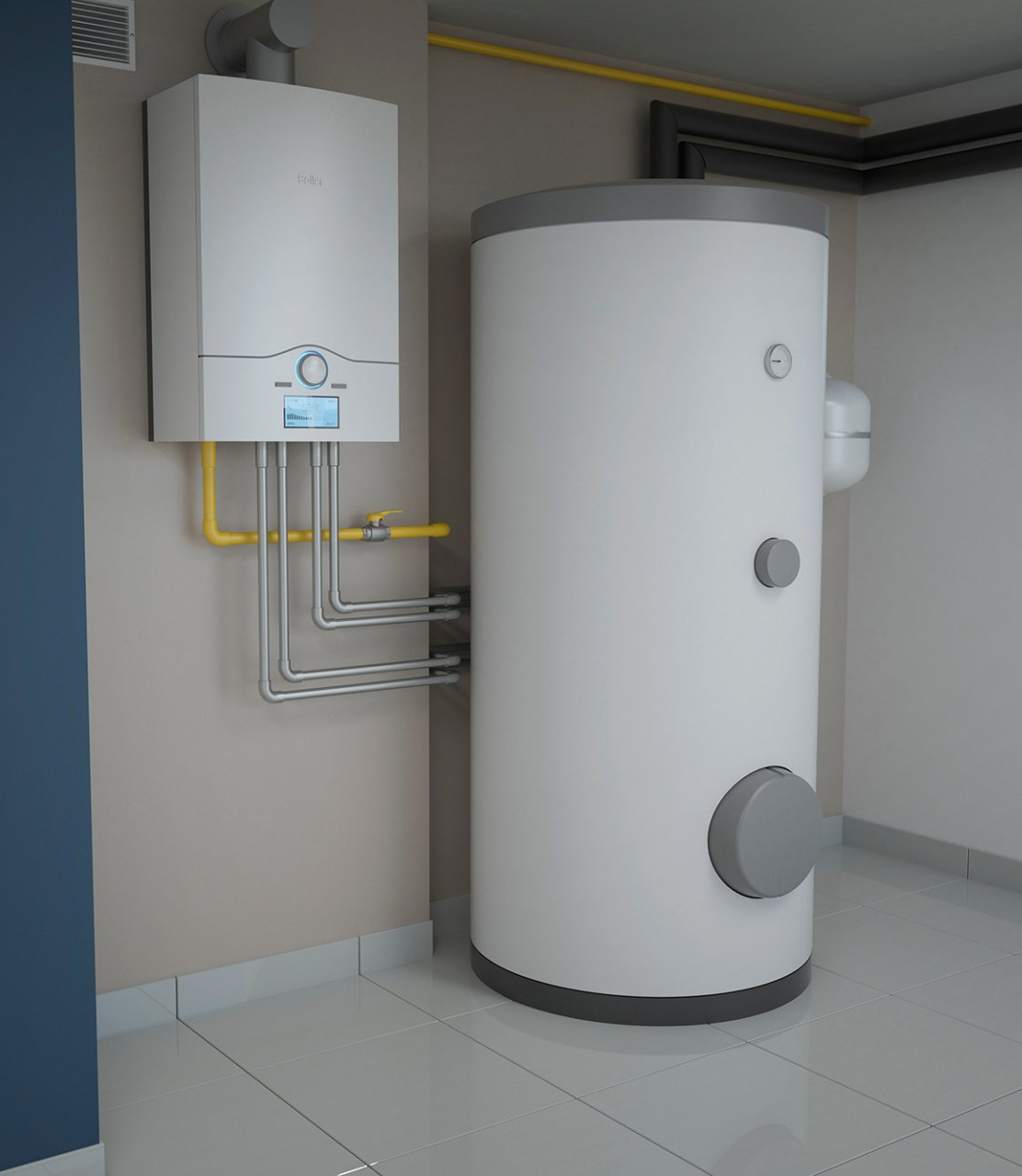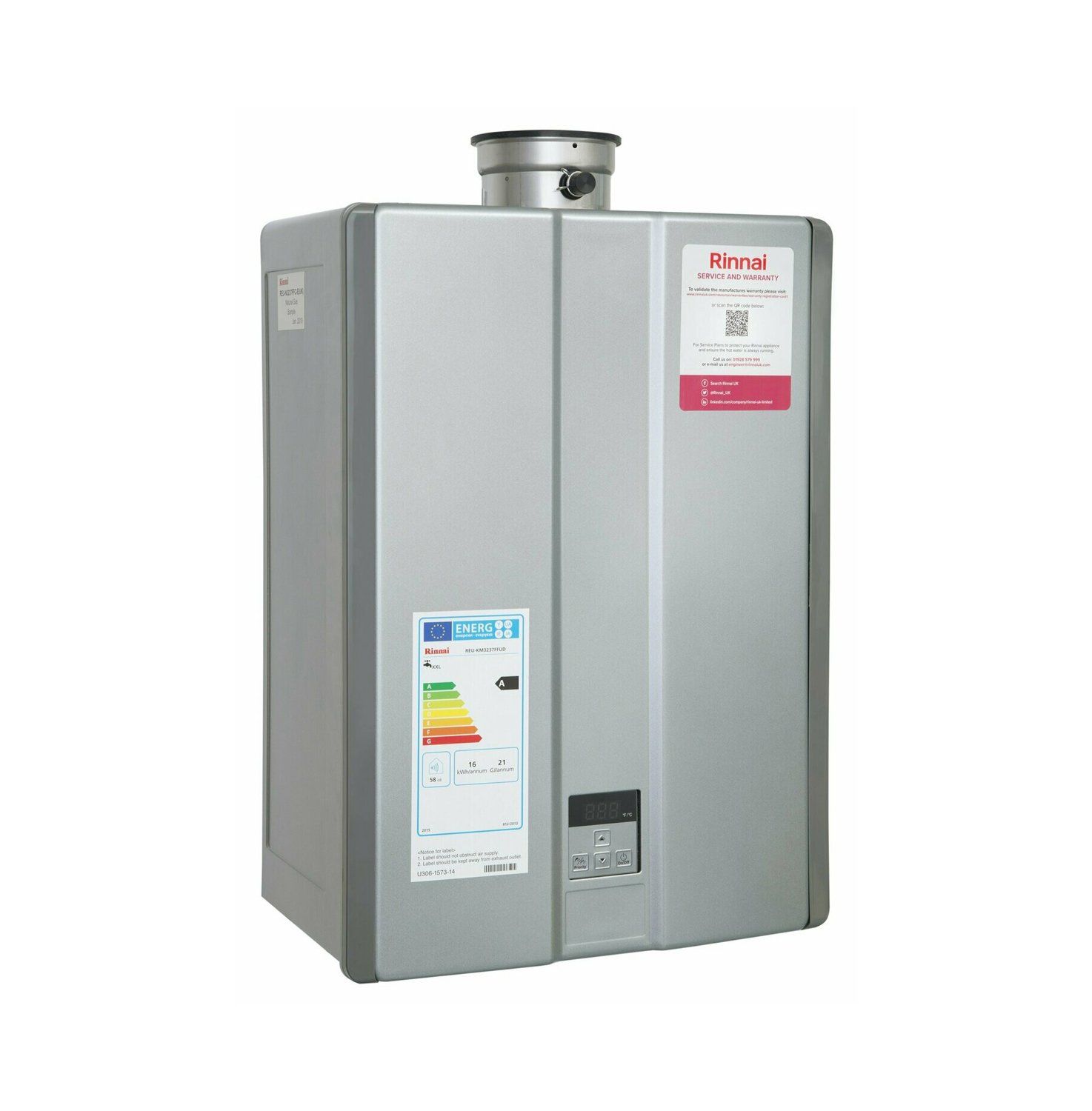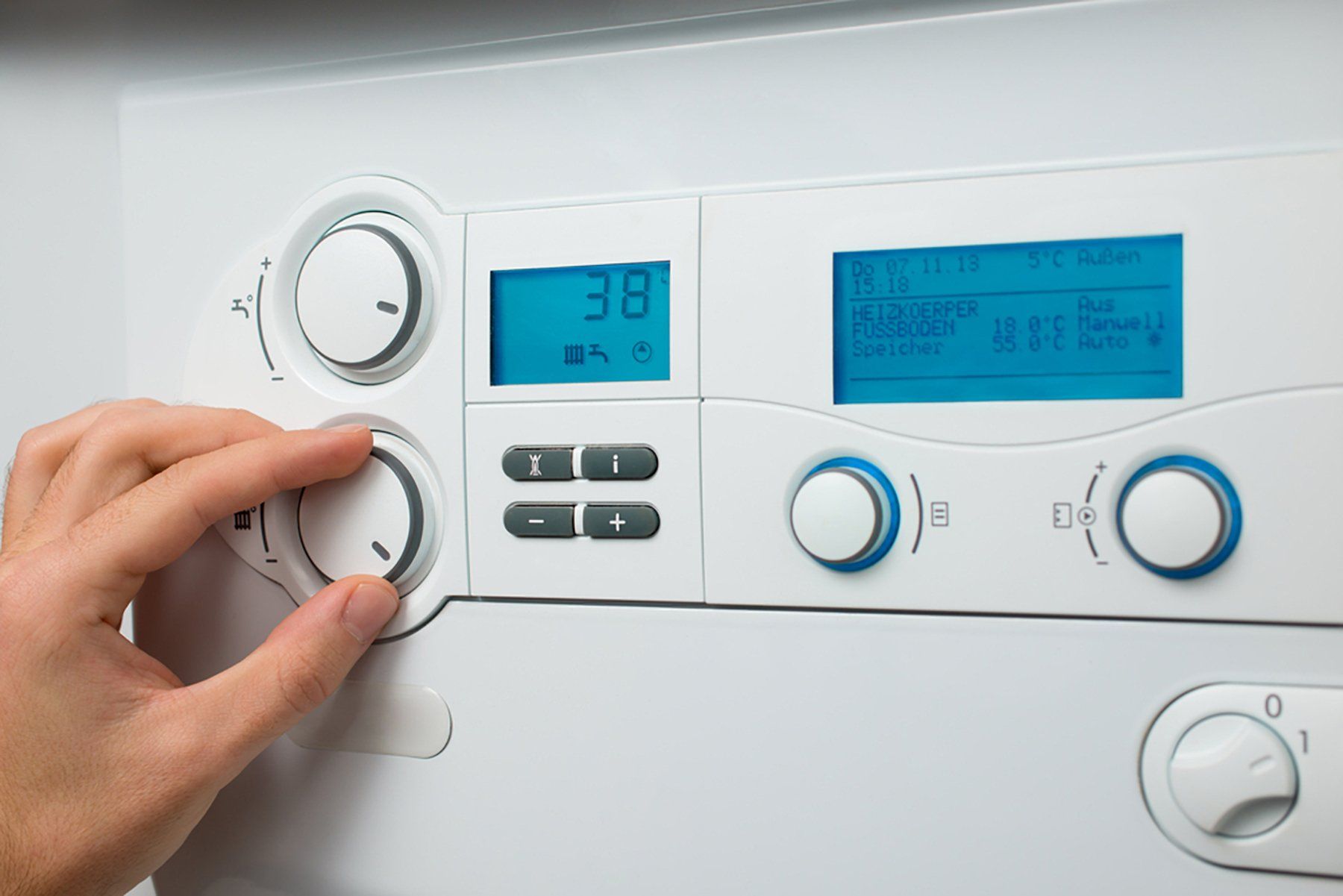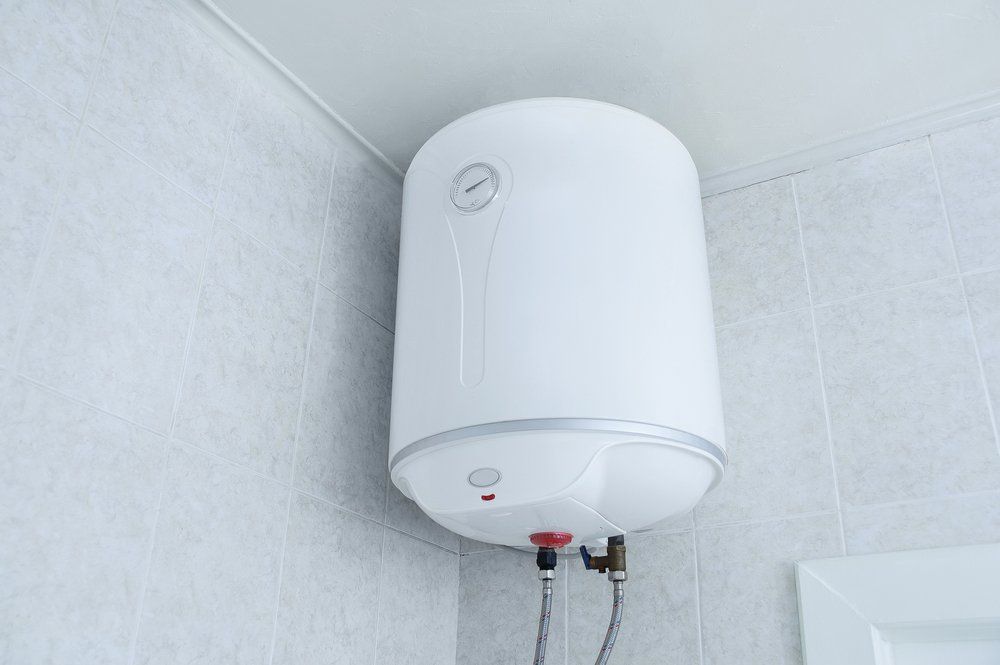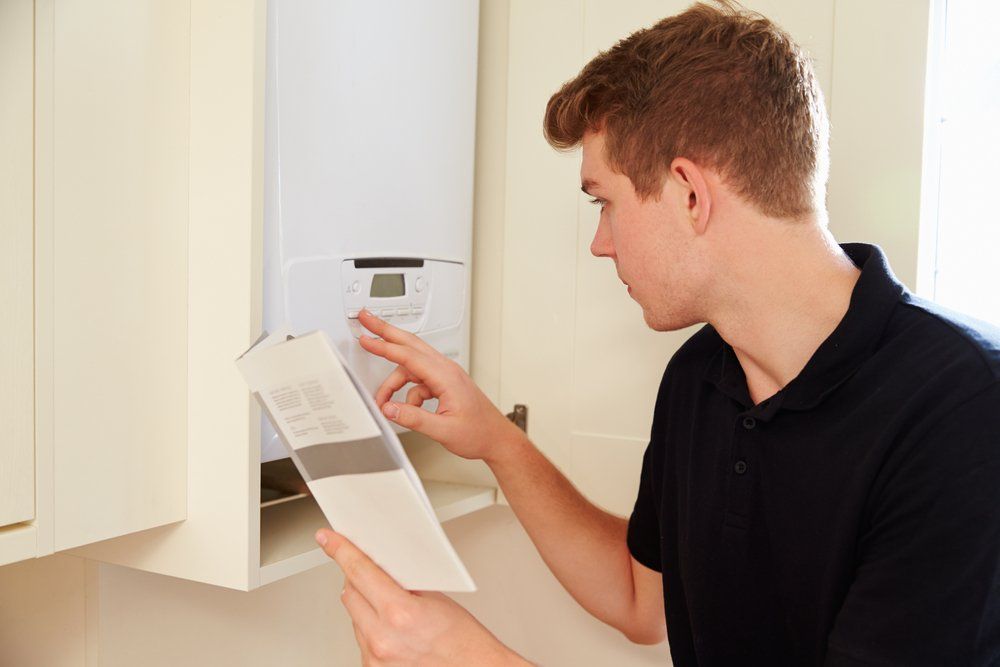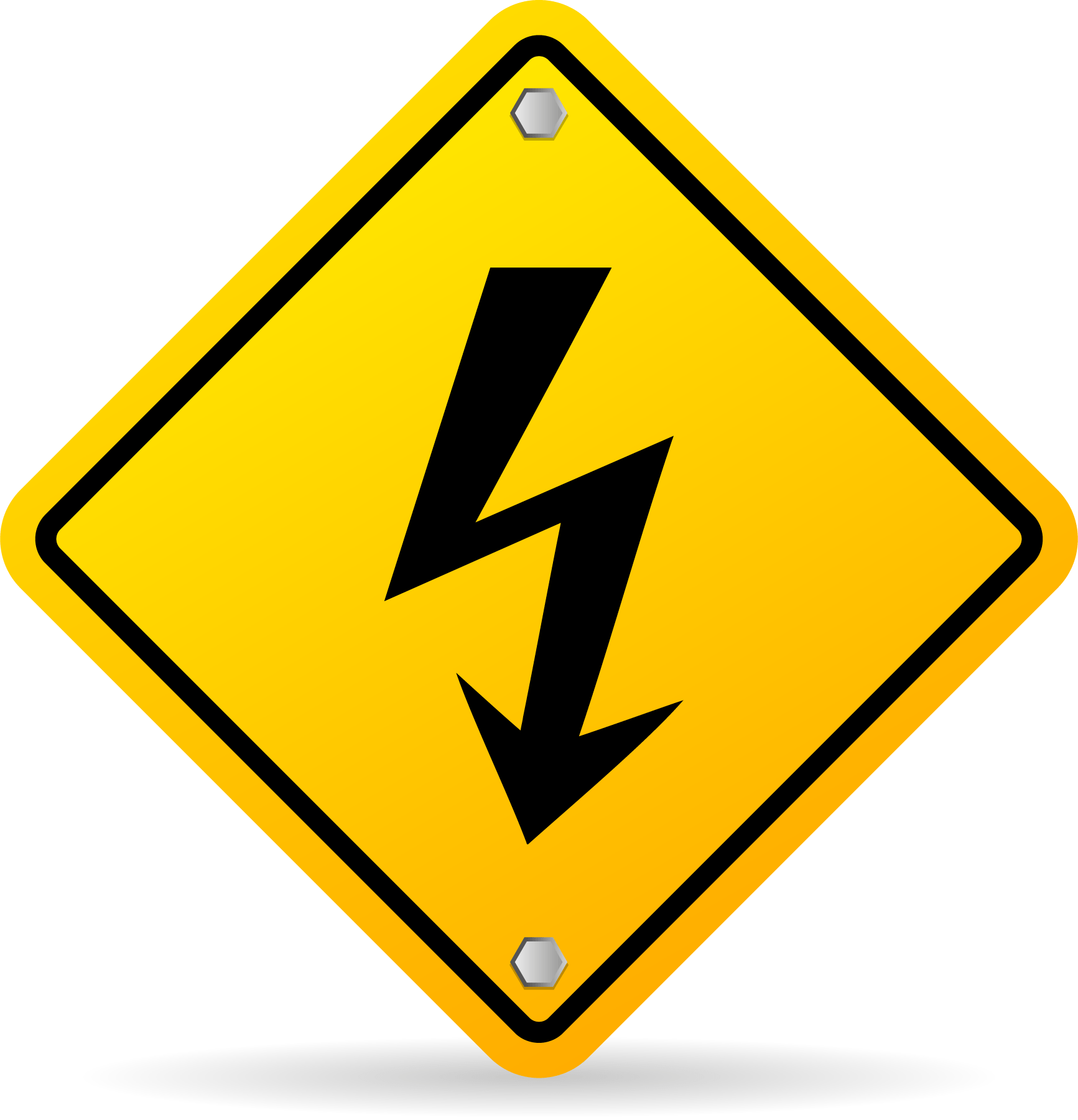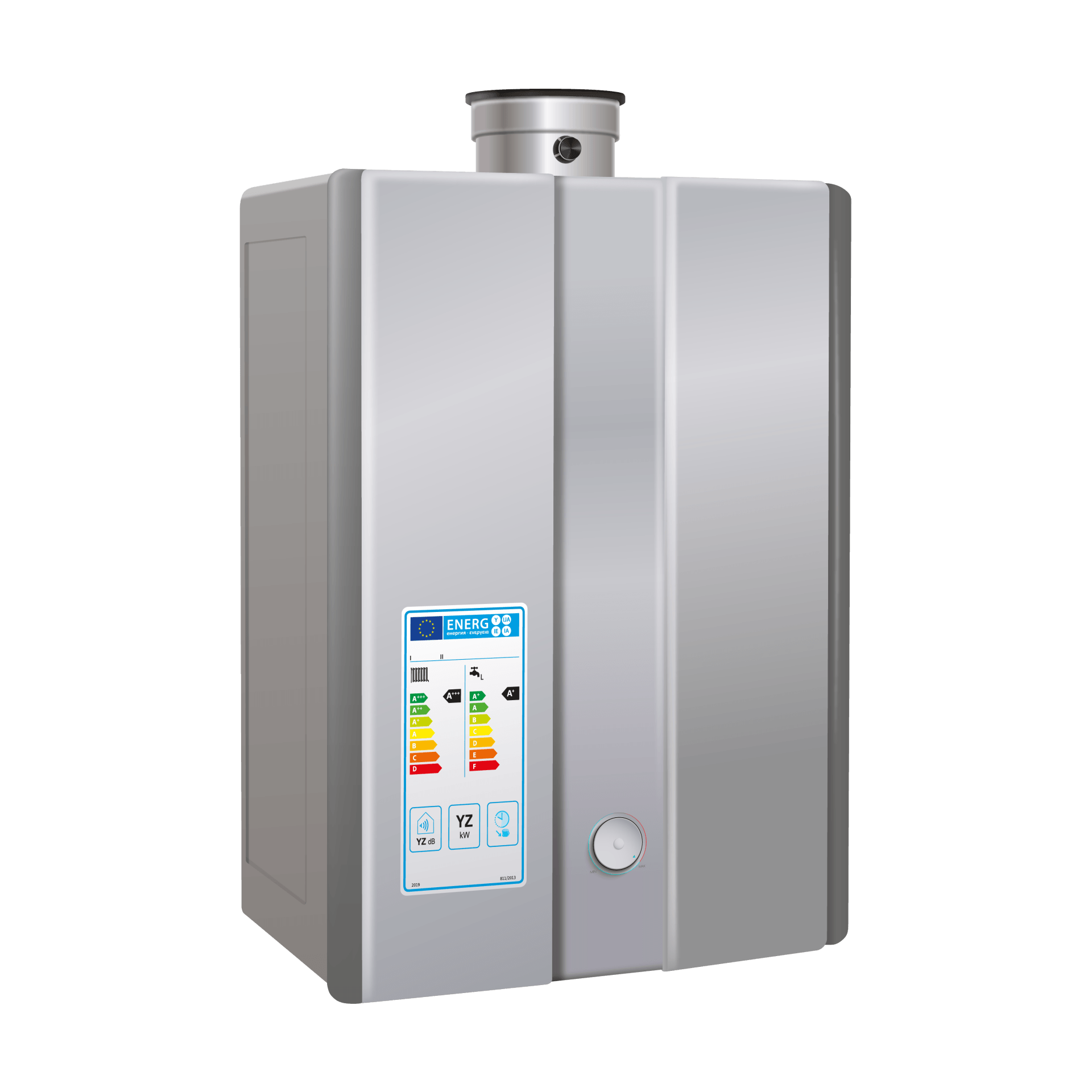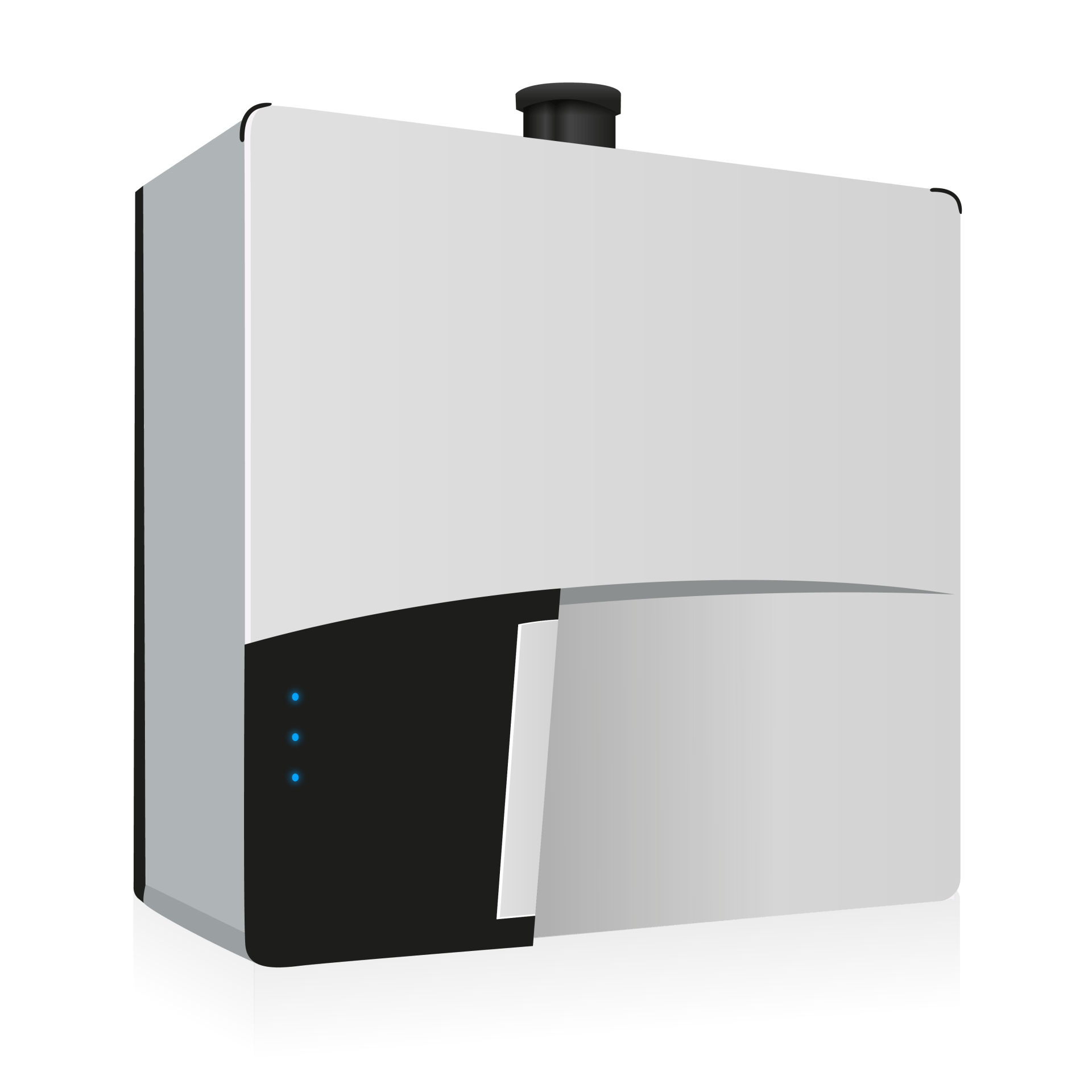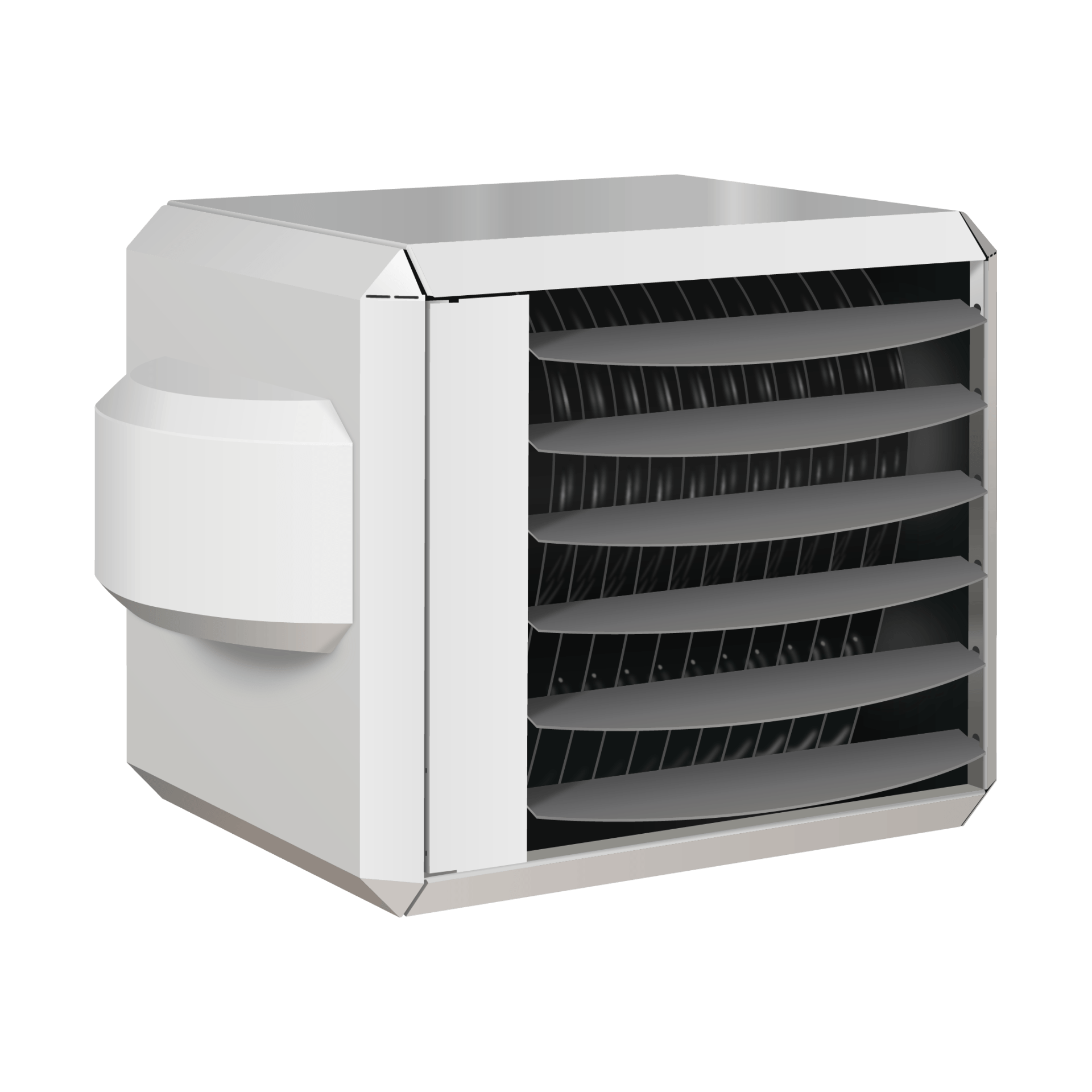Things To Avoid When Choosing A Water Heater
Things to avoid when you are
choosing a water heater.
Over the years water heaters have evolved a lot in terms of technology, energy efficiency, cost, new heating methods, and more. Taking all of these aspects into account can be overwhelming when it comes to choosing a water heater. There are a number of things to both consider and avoid when it comes to choosing a water heater. Here are our tips on things to avoid when you are choosing a water heater.
What Are The Different Options Available
When it comes to choosing a water heater it is important to know about the different available options, the most popular choices tend to be storage and tankless water heaters. Here are some of the available options are:
-
Storage Water Tank
This tank stores water in its tank until it can be used later. This means that the size of the tank decides how much water it can hold.
-
Tankless Water Heater
This heater produces water on demand as it has no tank to hold water. This is great for houses that need instant hot water. The tankless water heater can be pricier than the standard water tank. This is one of the more popular choices of water heaters as it maximises the efficiency of the system.
-
Heat Pump Water
This is an energy saver choice as it uses the heat of the air and the ground to heat water instead of electricity.
-
Solar Powered
This is when you get your heat from the energy of the sun. This is the best kind of heater to conserve energy. This type of heater may not be best if the weather isn’t great.
-
Condensed Water Heater
This water heater is great if your house is equipped with natural gas. They tend to be designed with tanks.
Buying The Wrong Sized Unit
A lot of people tend to end up buying the wrong sized unit because they underestimate how much hot water they need and they may not know how to calculate peak hour demand for hot water in their homes. Peak hour demand is the busiest one hour of the hot water usage period. Buying the wrong sized unit can cause a lot of inconveniences and cost you more money in the long run, when you have to pay to get it replaced.
When you are choosing the size of heater keep in mind your routine because if one person is using more water then of course the tank will empty a lot quicker and this means that you will have to wait until the water gets hot again. This is essential for commercial uses, for example nursing homes, sporting leisure facilities and laundrettes.
Choosing Without Comparing
You may get recommendations, but you need to do your own research and comparisons too. Yes, another person’s recommendations may have worked for them, but this doesn’t mean that they will work for you. You will need to know the different features of different heaters. No heaters are better than others.
You can get more details about different heaters and features online through your own research and get information from reliable sources. When choosing your water heater you will want to consider warranties, price, estimated life span, maintenance costs, product reviews, and more.
Do Not Base Your Decision Solely On Price
Yes, price is an important factor to consider, you need to fit your budget. However, you should not base your decision solely on price, if you do this then you may end up buying a water heater that does not fit all of your needs. Price is not the only factor to consider. Other factors are water heater type, fuel type, life expectancy, energy efficiency, size, and more.
Choosing The Wrong Water Capacity
This is a common mistake that people tend to make. If you have a bigger household then you will need a bigger water tank with more capacity, if the tank is too small then it won’t serve an average family of 4. If you are a household of 3-4 then you will need at least a 50-gallon capacity for an electric heater and about 40 gallons for gas-powered heaters. If you have a larger household with over 5 you may need an 80-gallon capacity in electric tanks. If you choose a smaller tank, then the heater will not be able to keep up with the demands of the household.
The more capacity you need then the bigger heater you will need. It would be a good idea to measure the area where the water heater will be fitted and see if the area is big enough to fit the water heater.
Failing To Follow Installation Instructions
Installation guides and building codes are there to protect your home and family. Before you begin your water heater installation it is wise to fully read and understand the instructions. It is a good idea to take notes on what tools you may need too. Missing even one step could lead to flooding and floods can lead to mould growth within your home.
Power and Outages
If a power outage were to happen, then the electric water heaters will shut down immediately. Unless you have some hot water stored, you will not have access to hot water until the power gets restored. An alternative solution to this could be to connect your water to a backup power supply. It is important to note that gas water heaters are not dependent on electricity. The coil or flame that is a part of the gas water heaters which allows them to work during a power outage.
These are just some of the things that you should consider and avoid before installing a water heater. Did any of these take you by surprise? For water heater installation contact
Factory Heaters for more information
Upgrade Your Hot Water System
If your hot water system currently stores hot water for any potential increases in demand, installing Continuous flow water heaters instead will reduce your energy costs dramatically, and they are also Hydrogen Blend Ready, so will support the UK’s zero Carbonisation strategy.
Comment.
Latest.

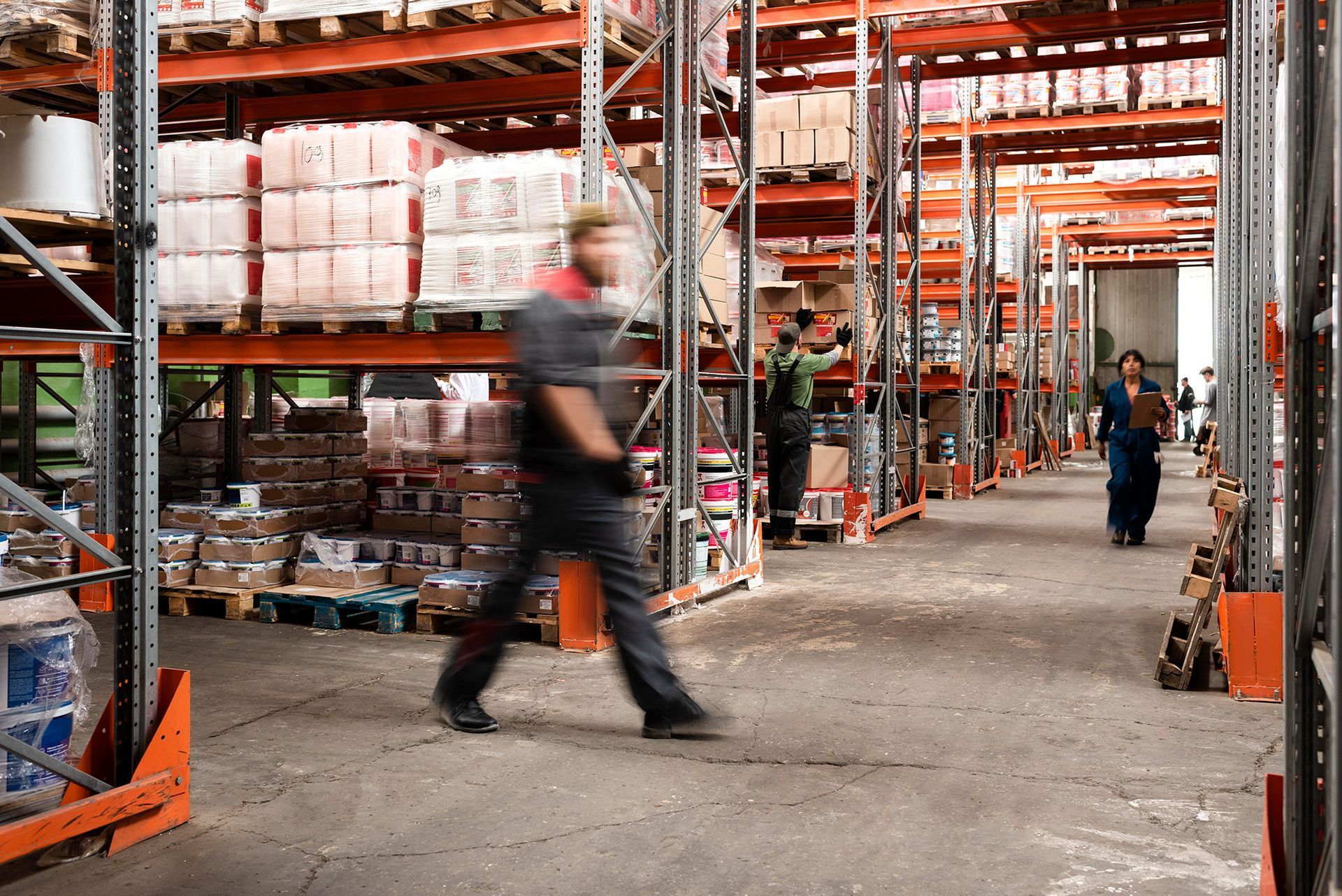
Would you like a bespoke heating or hot water solution?
Get In Touch
Established and experienced experts available for Commercial or industrial heating and hot water requirements. Get in touch for all your needs.
